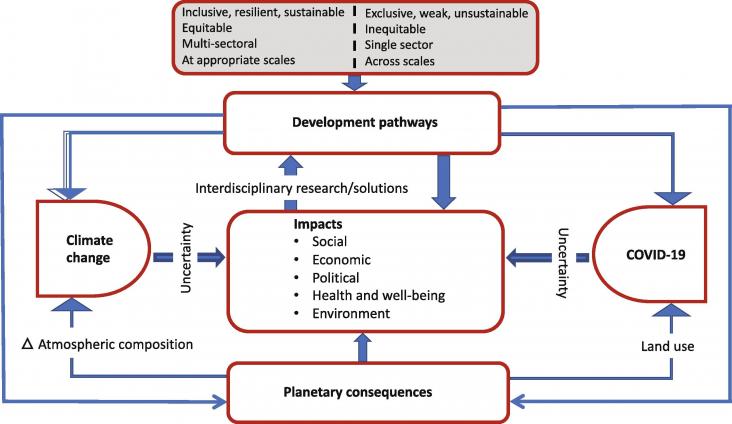Climate change is the most critical public health crisis of the 21st century.

The COVID-19 pandemic and climate change are complex existential threats, unpredictable in many ways and unprecedented in modern times.
The ability to maintain a (relatively) stable body temperature in a wide range of thermal environments by use of endogenous heat production is a unique feature of endotherms such as birds.
The purpose of this paper is to explore the perceptions of climate change and permafrost thaw within the inhabitants from Yakutia by collecting and analysing narratives.
Buildings consume vast amounts of energy and pollute the environment in various ways.
Targeted interventions have important under-explored potential for reducing meat consumption.
Research on the relationship between vegetarianism and subjective well-being (SWB) has produced inconsistent results, which may partly be due to small sample sizes and divergent operationalizations of

Background: Agricultural production in controlled indoor farming offers a reliable alternative to food and nutrition supply for densely populated cities and contributes to addressing the impending foo
When studying perceptions of eating insects among new consumer groups, the focus is often on factors that make people avoid novel foods.
Atmospheric carbon dioxide concentration has been increasing in the last two decades and, as a major greenhouse gas, it has been linked to global warming and climate changes.
